Lendu: The forgotten tribe in West Nile
By Aribo Aluma.
Zombo. At about 10:30 am Sunday, the procession to usher the King of the nearly forgotten minority tribe-Lendu, to the coronation at Adusi primary school playground emerged from the King’s palace at Gulaju trading centre.
The palace enclosed by a circular fence of ficus trees and dried reed is situated 2 kilometers from the Uganda-DR Congo border at Ullu central village next to Galaju market in Akaa Sub County, Ora County in Zombo district.
The procession was characterized by the cherished traditional dances led by women, men clad in traditional attires, singing the songs meant for coronation of the King. The love and passion of a King of the now nearly forgotten tribe, Lendu was seen with women and men kowtowing in lines to welcome the new King.
Though listed in the third schedule of the 1995 constitution as one of the 65 indigenous communities in Uganda as of February 1, 1926, the Ndrudja (Lendu) were a relatively unknown people.
But the deadly Lendu-Bahima intertribal conflict that erupted inside the Democratic Republic of Congo from 2000 and spread to engulf parts of West Nile in 2002 propelled the Lendu on to the limelight. They are listed as one of the ethnic minority tribes in Uganda like the Batwa and Ik.
The traditional leaders and historians, said since the death of their first king from the migration period in around 1,500 years, the search for peace led to the installation of his descendants, Paydja Manasi Njuni Rapiya II but his death in 2016 created a vacuum which needed to be filled.
In his maiden speech, King Rupia III said: “In the illustrious history of our kingdom, this is a defining moment, one that calls upon each of us to contribute to a brighter future. Let us build a kingdom that thrives on compassion, equality and the pursuit of a lasting happiness for all.”
He said: “Let us stand united as we face the taste of time fueled by the undying spirit of our forefathers.”
Obstacles
“Our kingdom faces social, economic and environmental obstacles that require innovative solutions to the dynamic new world order and trends while preserving our inheritance and rich cultural values. Our kingdom is faced with high levels of illiteracy due to reasons that range from individual to institutional negligence,” he added.
He was installed amidst performance of rituals and other cultural customs that are used to strengthen and pay allegiance to the King.
Dr Agatha Alidri, a lecturer from Gulu University who is doing her post-doctoral studies in documenting the history of the Ndrudja (Lendu) people said the installation of the king was one of the picks of modern Lendu.
“This was an ethnic community in Uganda, neglected, subdued, dominated, discriminated and today if they can stand up and coronate their King Jimmy Agenonga Rapia III, this is historical and will send a message to the whole world to be keen on ethnic minorities,”Dr Alidri said.
She said the Lendu people are rich in the wealth of indigenous knowledge and culture which is not being tapped.
Who are the Lendu?
The original name of the Lendu people is Ndrudja according to Mark Utuga, a teacher and kingdom official, he said it is a Sudanic group of language closely related to Lugbara, Madi and Kebu.
Utuga said it was the Alur who gave the now popular nickname Lendu to them to mean the neglected people.
Delving into oral tradition, Utuga traces the origin of the Lendu to Ethiopia. He said their ancestors moved from the horn of Africa to Bar-el-Garzel, then to Northern Uganda and eventually to Eastern DR Congo.
He describes the Lendu as fearful people who migrated at night using moonlight in order to avoid coming into contact with hostile people.
The migration of Lendu
They crossed the River Nile via Wadelai Sub County in the present Pakwach district under three groups. Two of which went deep inside the DR Congo. These were the Nyali and Vira while the last group comprising the Yaa and Ruu under the leadership of Chirr remained in Uganda.
When the Alur arrived later on under a more centralised and powerful organization of Kingship, they subdued the Lendu who became palace workers.
The Member of Parliament for Ora County, Lawrence Songa, in whose area the kingdom is located said the government should put affirmative action for the Ndrudja people the way it has done with other minorities to address claims of marginalization and discrimination.
“The Lendu and Kebu are indigenous people, this is from history and as parliament, we have translated the constitution of Uganda in their languages, but the best solution would be affirmative action,” he said.
Estimated to be about 10,000 in population in Uganda, the majority population of the Lendu people is located in DR Congo. And in the Democratic Republic of Congo, there are about 1,495,000 people.
The Ndrudja now want recognition by the government so that they can benefit from the government incentives.
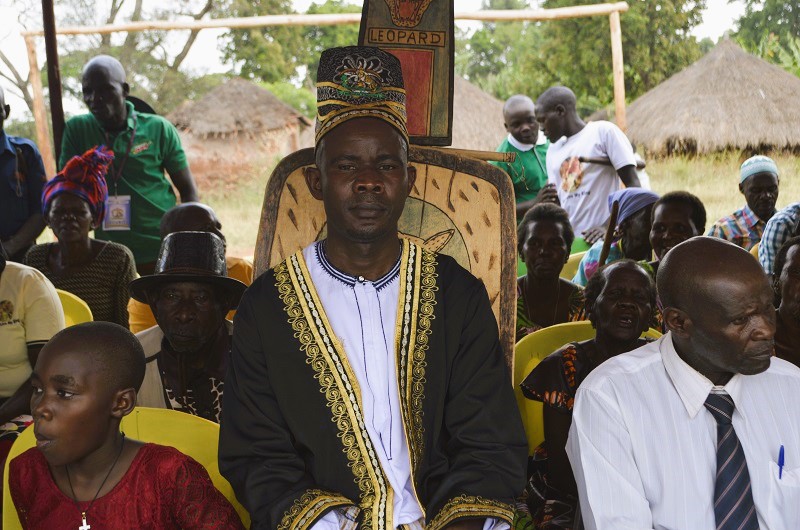
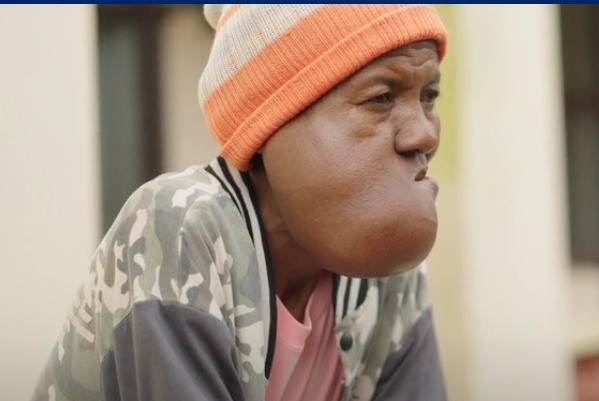
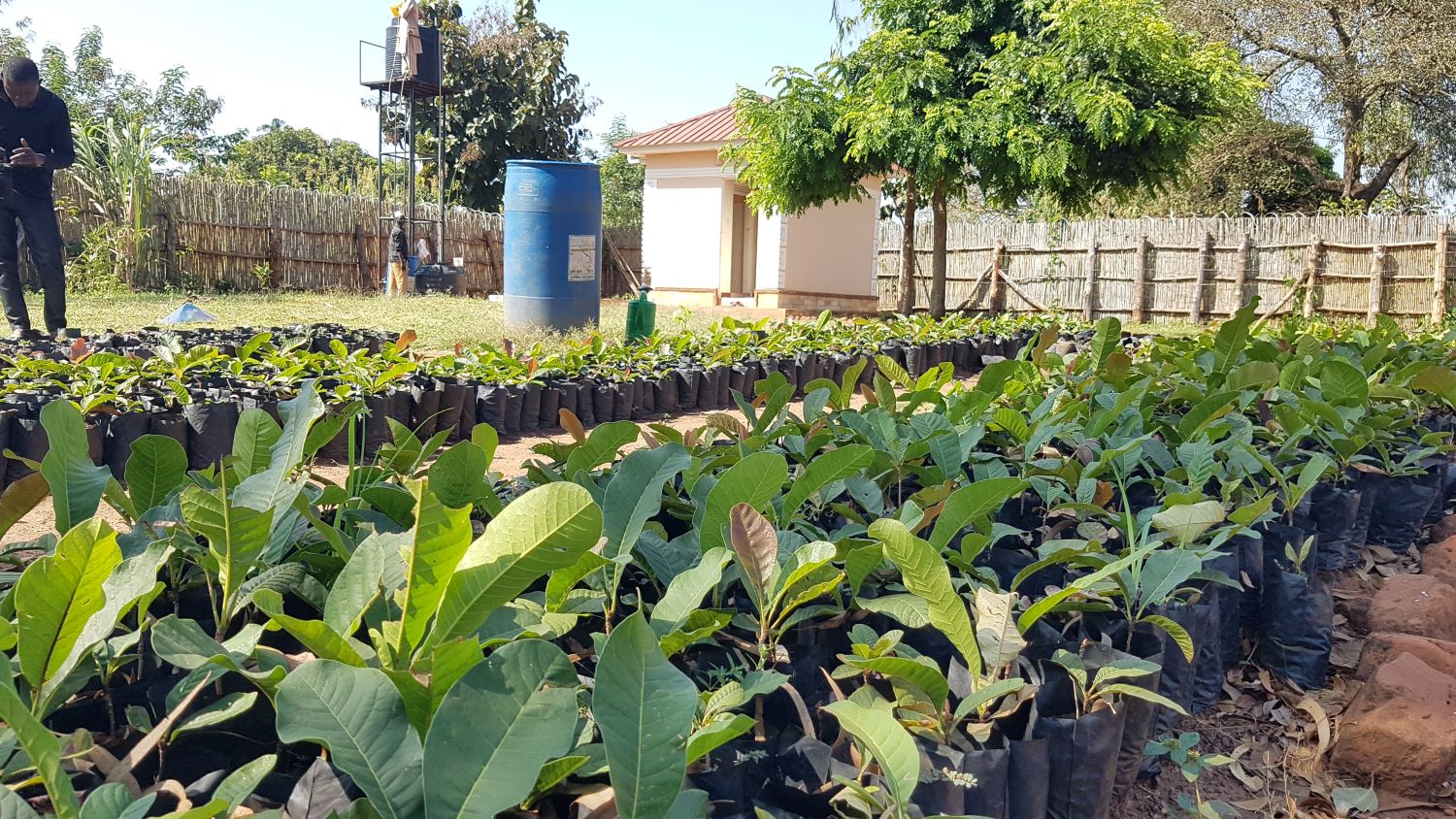
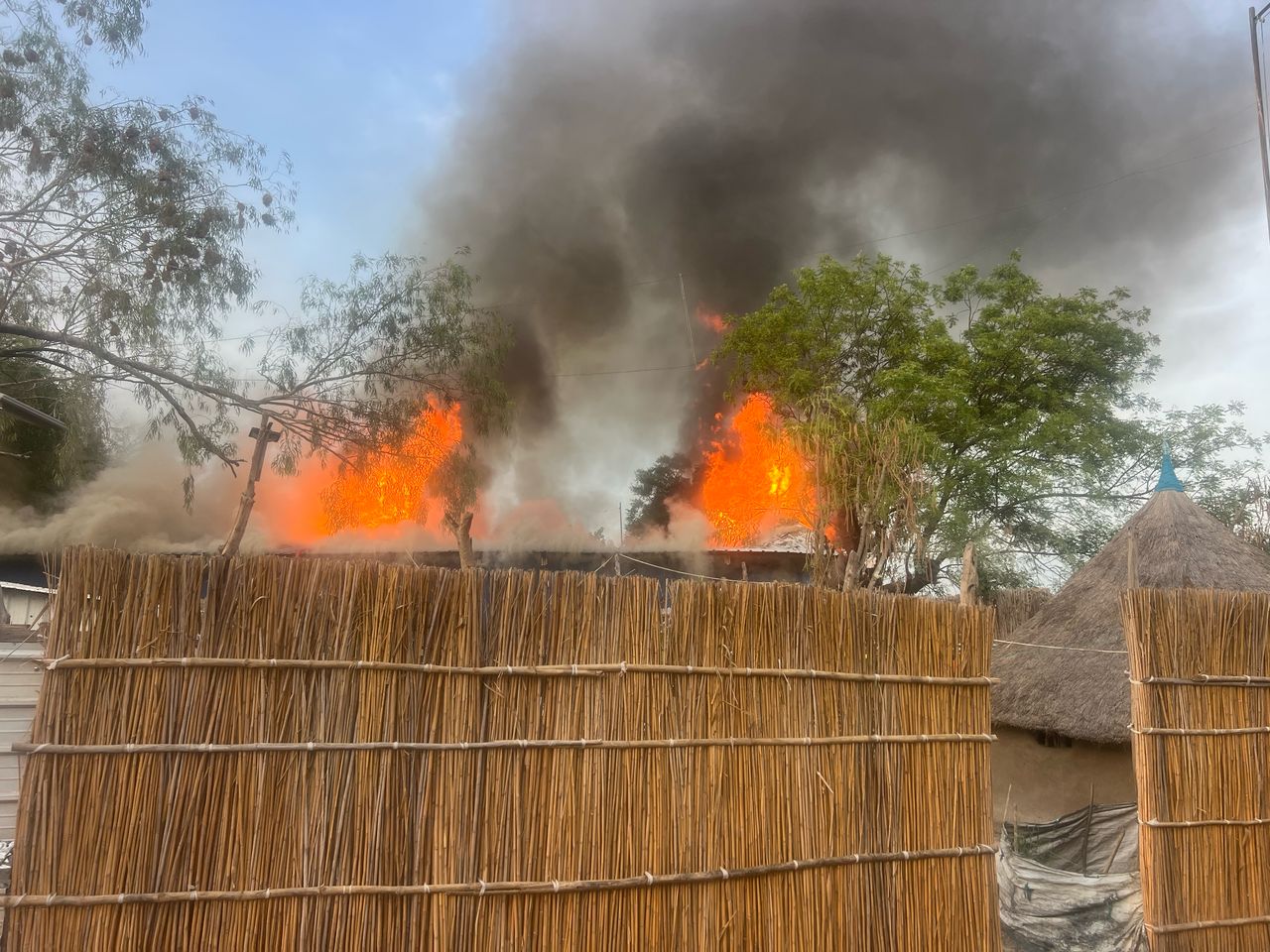
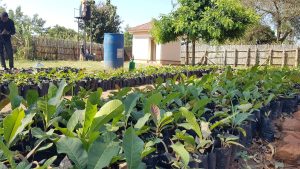
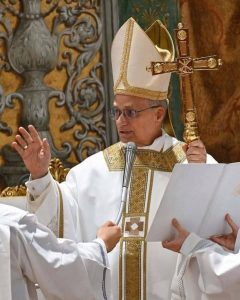
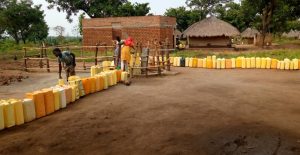
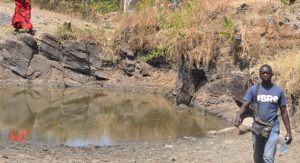



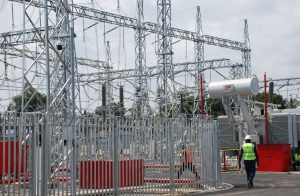
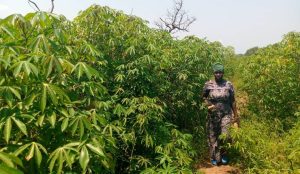
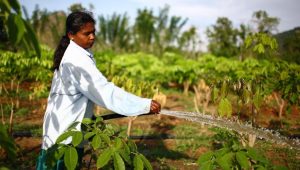
Post Comment